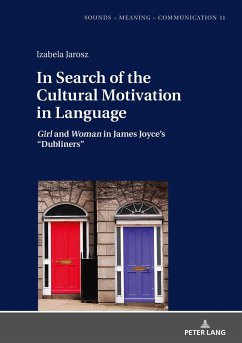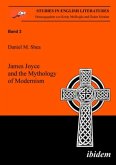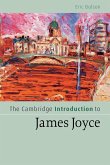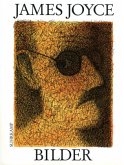This book aims to expose a panchronic outlook on motivation behind the word within the paradigm of cognitive linguistics. On the example of girl and woman used in "Dubliners", the author emphasises the impact of culture on human conceptualisation which, in turn, can be traced in language. The results of her analysis reveal that the linguistic sign is not an arbitrary pairing of form and meaning, but rather a language unit motivated by culture.
This book will be of interest to those who wish to look more closely at the relationship between language, culture and human mind. Readers interested in Joyce will also find a great dose of cultural and biographical facts related to his life as well as his vision of females as conceptualised in "Dubliners".
This book will be of interest to those who wish to look more closely at the relationship between language, culture and human mind. Readers interested in Joyce will also find a great dose of cultural and biographical facts related to his life as well as his vision of females as conceptualised in "Dubliners".







